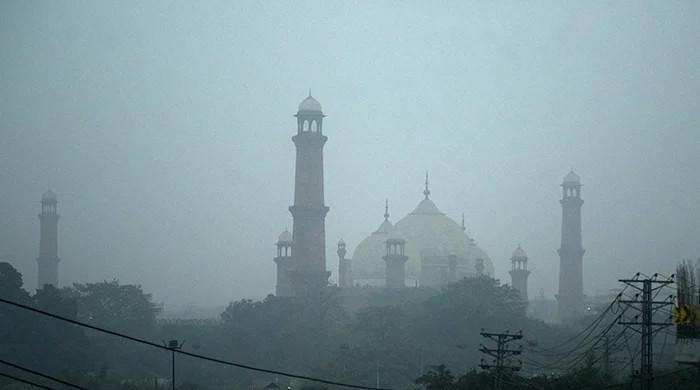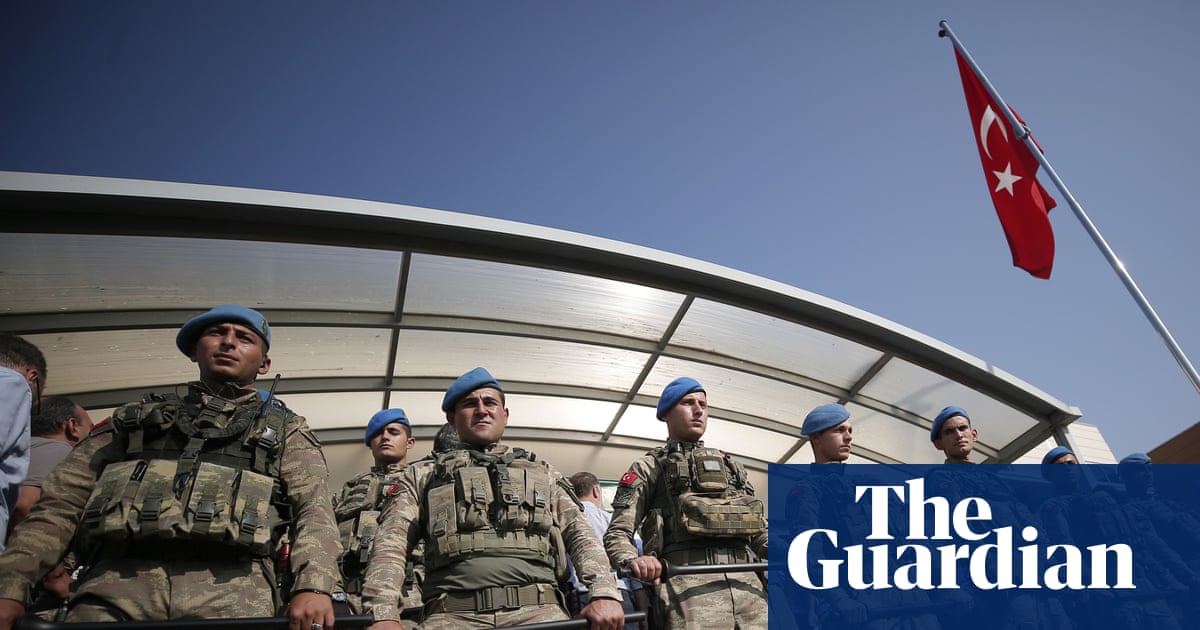Chevron, one of the world’s largest energy companies, has cut production at the Karachaganak field after a Ukrainian drone strike damaged a nearby gas processing plant in Russia. This move highlights how quickly geopolitical risks can ripple through global oil operations and affect supply stability.
See our latest analysis for Chevron.
The recent production cut at Karachaganak comes not long after Chevron completed its $53 billion all-stock acquisition of Hess Corp., and just ahead of the company’s third-quarter earnings release. Over the past year, Chevron’s total shareholder return climbed 7.8% while its share price has recovered 6% year-to-date, reflecting some resilience despite choppy oil prices and mixed industry sentiment. Momentum appears steady rather than surging, as geopolitical developments continue to drive both risk and opportunity across the energy sector.
If supply disruptions and shifting global energy dynamics have you looking for new investment angles, it is a good time to broaden your search and discover fast growing stocks with high insider ownership
With shares hovering below analyst price targets and mixed expectations for future earnings, the question facing investors is clear. Is Chevron trading at a discount, or is the market already pricing in all potential upside?
Chevron’s last close of $155.56 sits below the most widely followed narrative’s fair value estimate of $168.78. The modest upside signals analysts see potential value ahead, underpinned by positive operational catalysts and sector shifts. But what’s driving that optimism?
The integration of Hess synergies, new low-cost assets, and share buybacks will be cash flow accretive and boost EPS, even as Chevron sustains high shareholder returns regardless of commodity price cycles.
Read the complete narrative.
What is powering this valuation uplift? The narrative hinges on a cluster of bold assumptions about future efficiencies, margin expansion, and a potential decline in share count. What numbers are backing these projections, and are they too optimistic or just right? Uncover the levers and tension points shaping Chevron’s fair value by following the full narrative.
Result: Fair Value of $168.78 (UNDERVALUED)
Have a read of the narrative in full and understand what’s behind the forecasts.
However, Chevron’s heavy reliance on oil and gas combined with slow progress on renewables could challenge long-term revenue and margin goals if energy demand shifts faster than expected.
Find out about the key risks to this Chevron narrative.







